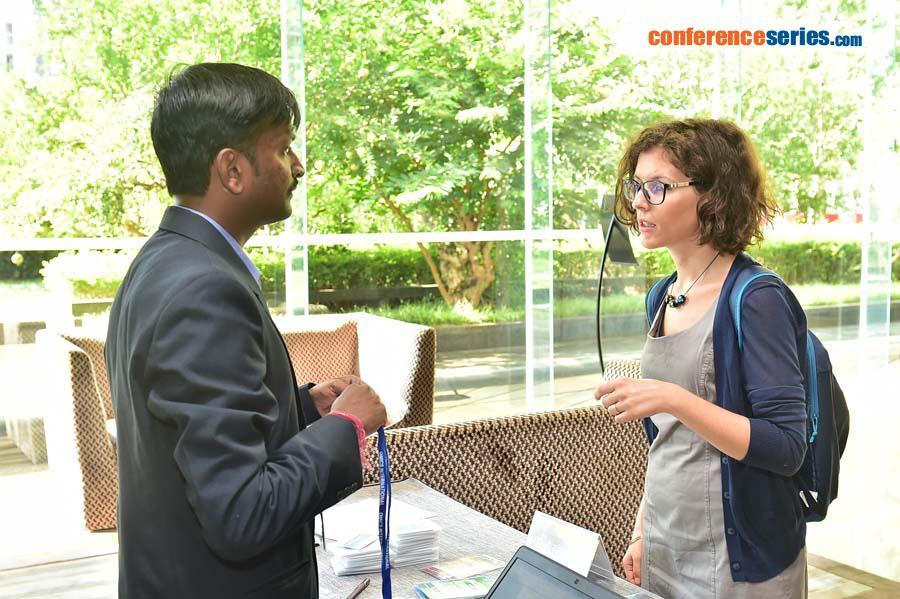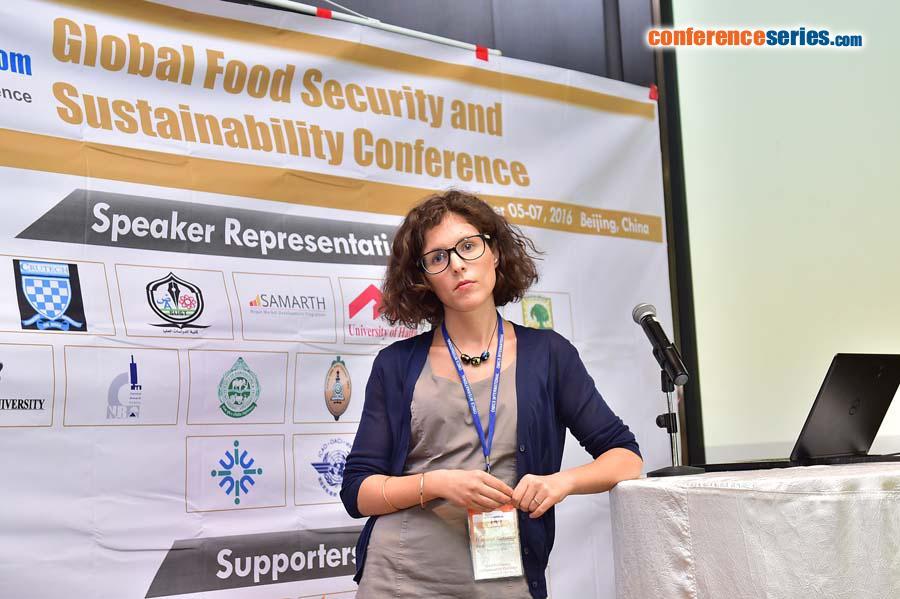
Francesca Hansstein
Shanghai University of Finance and Economics, China
Title: Understanding collaborative consumption in emerging economies: The case of Brazil
Biography
Biography: Francesca Hansstein
Abstract
Access-based consumption that eschews goods ownership and revolves around giving, exchanging and obtaining goods and services through peer-to-peer networks or usage fees is considered one of the most transformative and scalable trends towards sustainability. These expressions–labeled collaborative or shared consumption, or the sharing economy have the potential to materialize sustainable consumption by redistributing, reusing, repairing and reducing what is to be consumed. Similar to other forms of sustainable consumption theory posits, these practices occur as a result of influences usually absent from standard models of individual ownership of consumer goods such as concerns for the environment, community and a less corporatized and money-dependent economy. However, there has been little empirical research on how citizens engage with shared consumption and what drives their engagement; even more so in developing societies. This paper aims to address these points by modelling consumers’ orientations, intentions and behavior towards collaborative consumption after an extended version of the theory of planned behavior, using a survey of sharing economy practices and motivations in Brazil. Our results reveal that forces behind the potential acceptance of collaborative consumption (e.g., intentions) differ from those who led consumers to action. We also find that individually expected emotional payoffs, the perceived easiness for enacting shared consumption, and its social legitimacy play a far more critical role than values or perceived material rewards.




